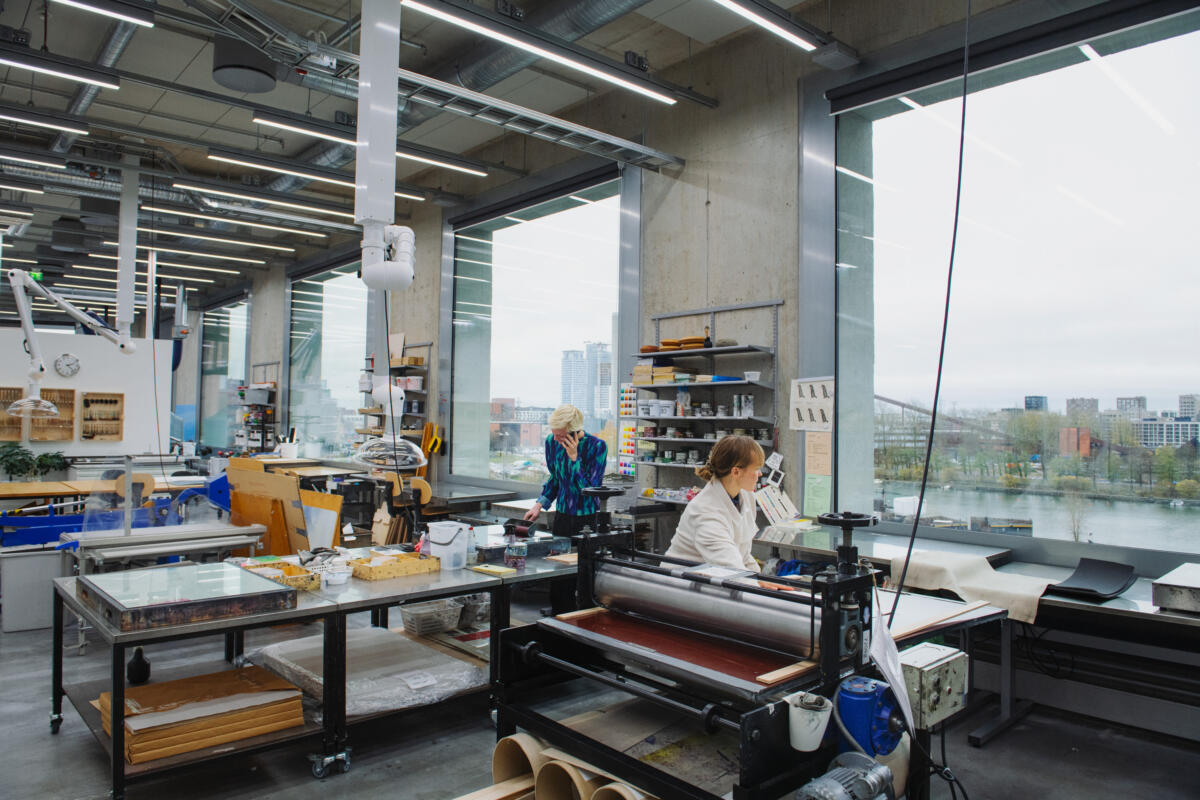Audit of Uniarts Helsinki’s quality system supports the university’s core operations as well as its goals for ecological sustainability
Uniarts Helsinki’s quality system will be audited in the spring of 2024. The audit will not only focus on the university’s core operations but also its goals and measures related to ecological sustainability.

Uniarts Helsinki is making great strides in getting prepared for an audit scheduled for April 2024. The audit will comprise an extensive assessment of the university’s operations, including its education, research, societal interaction and impact as well as its quality system as a whole.
The audit will be conducted by an audit team appointed by the Finnish Education Evaluation Centre (FINEEC). The team’s members are Professor and Vice Dean Hanna-Leena Pesonen from the University of Lapland, Senior Advisor Antti Huntus from the Arts Promotion Centre Finland, master’s student Julia Repo from the University of Lapland and Vice Dean Rasmus Vuori from Aalto University.
The audit to be conducted by FINEEC is a development-oriented evaluation, which aims at promoting the continuous improvement of the university’s operations and identification of good practices. The audit team will examine the procedures that the university applies in order to maintain and develop the quality of its operations.
Ecological sustainability selected as the optional audit target
Each higher education institution decides on an optional audit target in addition to the standard audit target, which is the core operations of the institution. The optional target that Uniarts Helsinki has selected is ecological sustainability, which is one of the main goals of the university.
“After they have evaluated the quality management of our ecological sustainability, we will receive feedback on how we can develop our practices and operational models that we have already established or that we are about to introduce. This will help us determine the best possible practices so that we can achieve our goals for ecological sustainability”, notes Planning Manager Alina Savolainen, who is responsible for the auditing.
Uniarts Helsinki’s goal is for ecological thinking to permeate the entire university’s operations and for art to be part of the solution to the ecological sustainability crisis. The goal is that Uniarts Helsinki will reach carbon neutrality by 2030.
To reach this goal, Uniarts Helsinki has compiled an environmental programme that states the concrete measures that will help the university build a more sustainable future.
The environmental programme includes 23 measures, which have been categorised under three themes. These three themes are:
- Teaching, research and artistic activities
- Sustainable daily activities and reducing our environmental impact
- Structures and management